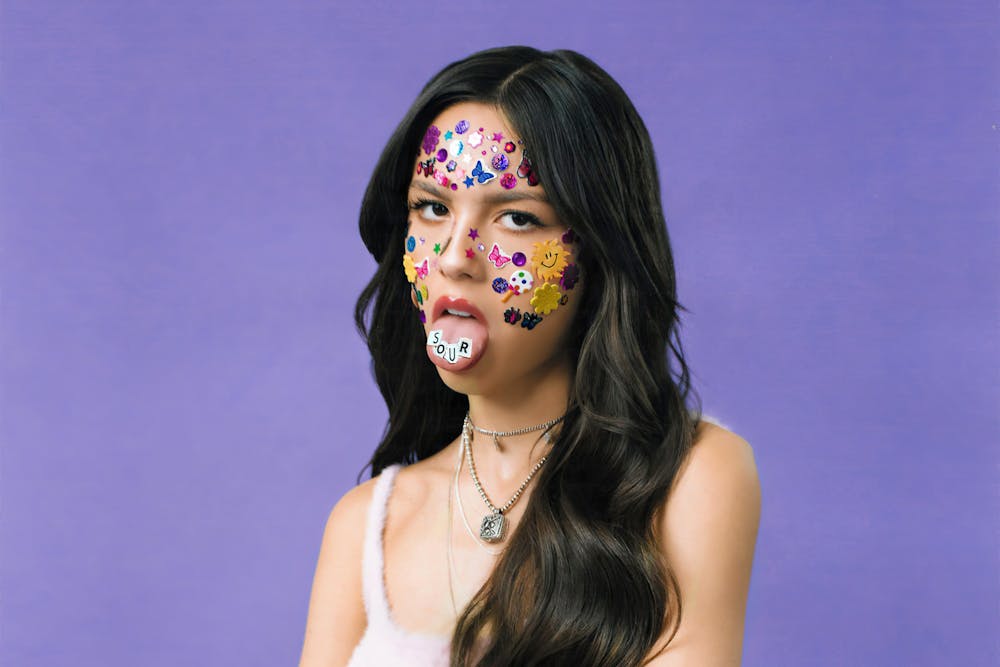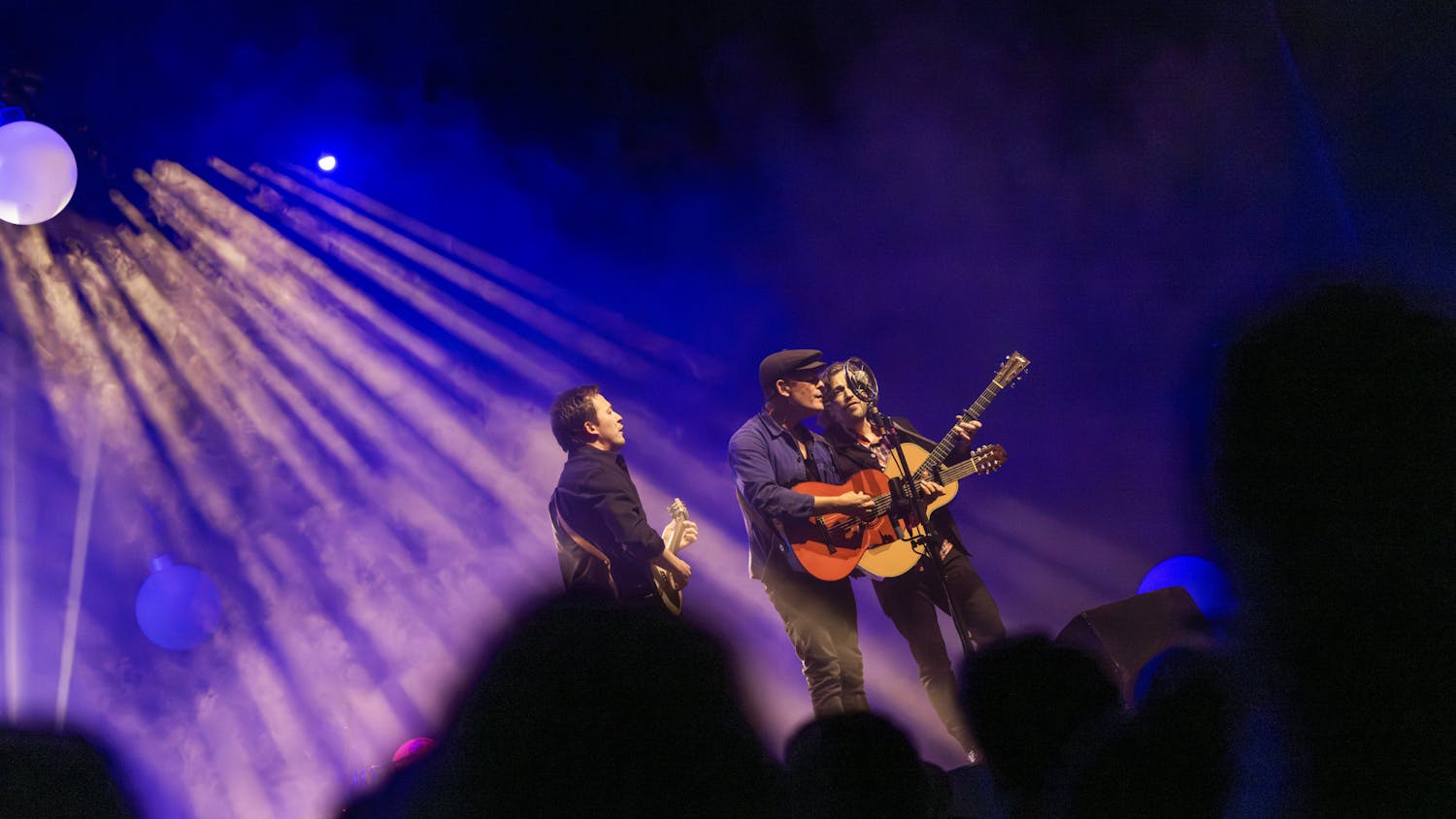All eyes are on Generation Z to play their part in preventing the spread of COVID–19. Even though the vaccine is currently widely available, less than 40% of those under 24are vaccinated. While this number may be surprisingly low, some important factors can explain this statistic; for instance, minors must have parental approval to get the vaccine, which they weren’t even allowed to get until May.
However, a growing number of young adults are becoming “vaccine–hesitant.” According to a recent poll, over half of Gen Z said that they would either not get vaccinated or “wait and see.” This is partly due to mistrust of the government since 80% of Gen Z did not feel safe in public during the pandemic and over half believed the government failed to properly navigate the health crisis. This level of hesitation is surprising for a generation where 83% followed recommended safety precautions, but this shift in attitude has not gone unnoticed. To combat these alarming numbers, the White House has turned to a powerful but controversial tool: influencers.
Influencers have historically played a large role in political events, especially during election cycles. During the 2020 election season, many celebrities pushed for voter reform and better access to civil rights, and their impact was felt immediately. An hour after Ariana Grande asked her followers in Florida to register to vote, over a million attempts were made on the website, causing it to crash. Lady Gaga partnered with Joe Biden in the week leading up to Election Day, gave touching speeches at rallies, and eventually performed the National Anthem during Biden’s inauguration.
While some critics of celebrity culture say that influencers should be cautious of speaking on things that they’re not experts on, others believe that celebrities should capitalize on their massive audiences to increase awareness about pertinent issues. Either way, influencers can clearly make a difference in political movements.
So when the momentum of vaccination rates began to stall, the government turned to influencers. There have already been several incentives so far to attract unvaccinated people to get the vaccine, ranging from lotteries to college scholarships. But to get the attention of Gen Z, social media became the new focus. In a recent virtual vaccination drive, Dr. Anthony Fauci, the chief medical advisor to Biden, joined TikTok influencers to discuss the importance of getting the vaccine.
The stars included Nia Sioux, a former participant on the TV series Dance Moms, and Mia Finney, who boasts over six million followers on the platform. Celebrities have taken pictures of themselves getting the vaccine live, trying to show their audience that the vaccine is safe and effective. In recent weeks, the White House has taken a step forward in recruiting celebrities by filming promotional videos with Gen Z stars. Olivia Rodrigo was flown into the White House to promote the use of vaccines with Biden and Kamala Harris, and their videos were broadcasted throughout social media.
This isn’t the first time the government has turned to major stars for public health campaigns. During the rollout of the polio vaccine, Elvis Presley was photographed taking the vaccine at a time when skepticism was high. Now that the world is so much more interconnected, it is far easier to get major stars to reach their audience. Unfortunately, social media’s dominance comes at the price of false information and conspiracy theories spreading with equal rapidity. Nevertheless, there is also the possibility that vaccine awareness can be propagated just as much.
Some companies have also begun to emphasize Gen Z as their main target. Enthusiast Gaming, a nonpartisan group consisting of Gen Z advocates who helped increase voter turnout for Biden’s 2020 campaign, partnered with the Ad Council to develop vaccination ads aimed at their own peers. Most of their influencer partners are popular gamers, whose audiences have seen vast increases in the past few years. The key to their success is a campaign focused on information, not action. Following their work with the presidential campaign, the organization found that messages were typically more effective when they were objective, allowing listeners to make their own independent decisions.
This is a stark contrast to what the government currently does by employing a pop star to encourage teens to get vaccinated, but both styles of campaigns can coexist and be successful. Another group called We Can Do This with members such as TV personality Ryan Seacrest and billionaire Mark Cuban held virtual events addressing vaccine hesitancy and directly urging viewers to trust the science. Sponsored by the Department of Health and Human Services, the movement was created to specifically reach young people using social media and YouTube.
While not everyone can be an A–list celebrity, the definition of an influencer is much less restrictive. Accounts with just a few thousand followers have reached millions through their informative videos on how the vaccine works or debunking misinformation. TikTok influencer Amelie Zilber does just this, creating short educational videos that simplify and condense information on the vaccine. To encourage other content creators to do the same, TikTok created a World Immunization Week on the app that let users share why they were getting the vaccine via the hashtag #VaccinatedFor.
It’s unlikely that one celebrity’s post or video will sway someone into getting a vaccine, but it is undoubtedly a factor that can cause people to change their minds. As the Delta variant continues to spread rapidly throughout America, celebrities could be the key to a successful vaccine campaign. Biden fell short of his initial goal of vaccinating seventy percent of the country by July 4, but increasing influencer coverage on the vaccine could make upcoming benchmarks more achievable. After all, an unprecedented world health crisis calls for unprecedented social media efforts.







